Here we chat with expert on Hong Kong films Frank Djeng about this lesser known masterpiece.
“Man on the Brink” is a bona fide Hong Kong classic, but it’s not very well known, especially abroad. Why has it always been under the radar?
That is a mystery. The film is known in Hong Kong, and it didn’t do too badly at home at the box office. Anyone who grew up in Hong Kong at that time, like me, would know about it.
‘It’s like tai chi’: what Tony Leung learned about acting from 4 directors
‘It’s like tai chi’: what Tony Leung learned about acting from 4 directors
It only ran for two weeks, but it wasn’t a failure and it did pretty well, especially considering that comedy, rather than drama, was popular – the Hui brothers’ Security Unlimited was the big hit that year. But it didn’t achieve the success that it should have.
Why do you think that was?
First, there are no big stars. Even though the people in the film were familiar to Hong Kong audiences, they were all TV actors. People didn’t want to spend money to see them on the big screen when they could see them on TV at home.
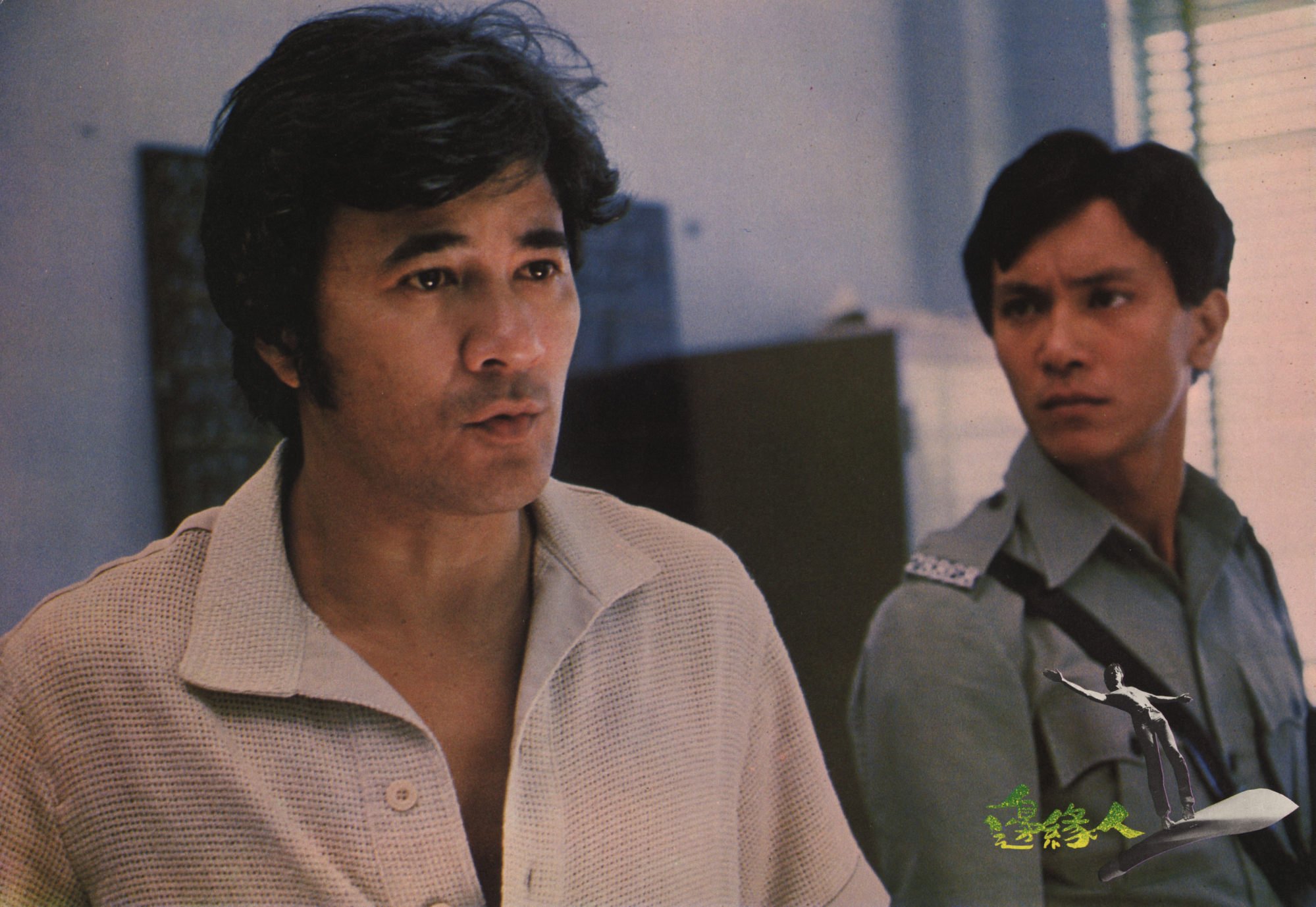
Also, Cheung set the film in really grimy urban housing projects. Hong Kong already had television series like that, like RTHK’s Below the Lion Rock. There were also gritty police TV shows like CID. So people felt they had seen it all before on TV. What’s more, it’s not a glamorous film, and that didn’t help it.
It’s the kind of film that could have played international film festivals.
Again, it’s a mystery why it was overlooked overseas. It didn’t get any recognition until recently when there was a 40th anniversary restoration of it. Now it has seen the light of day.
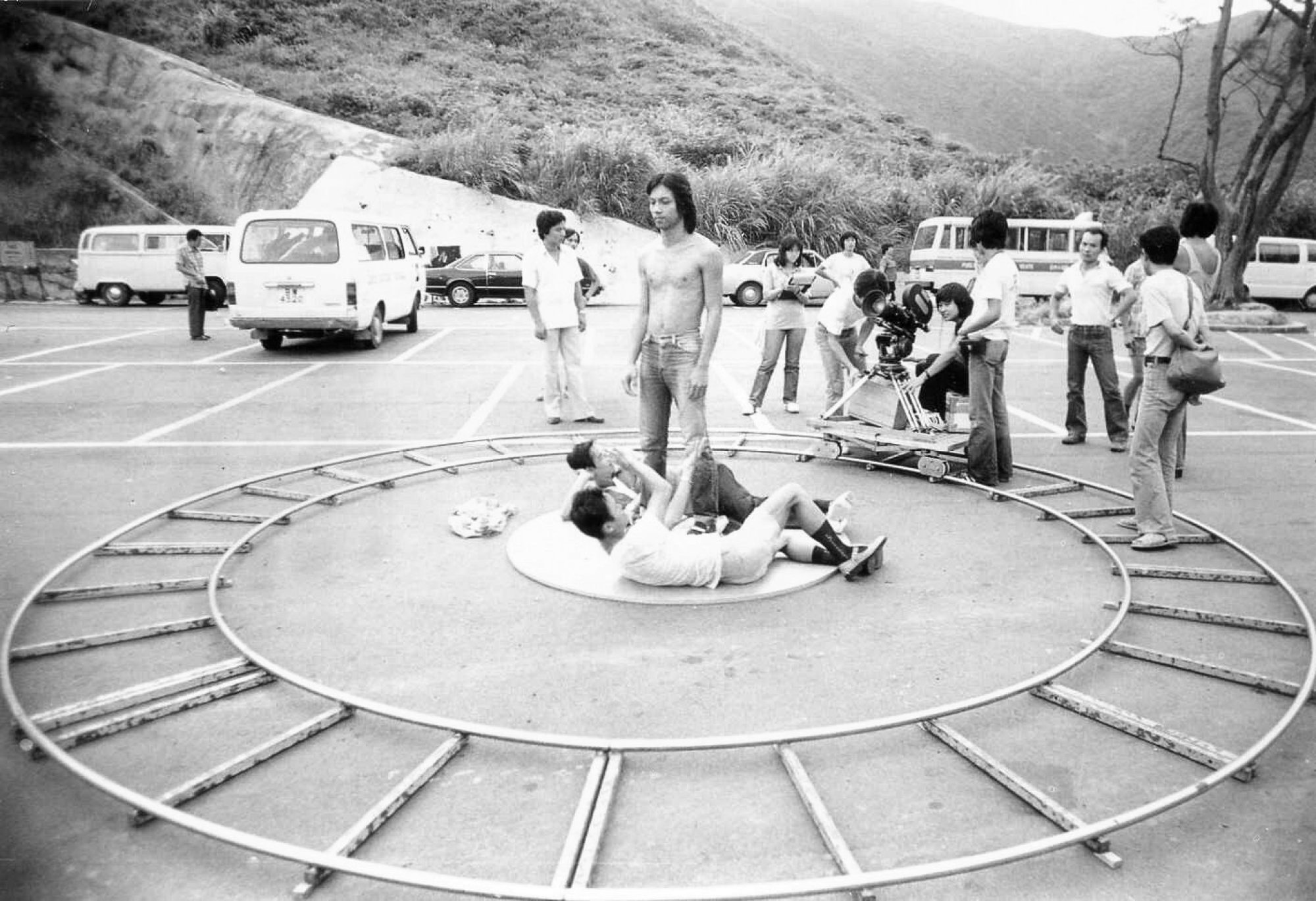
It’s shot and edited in a very sophisticated way for a film of its time.
I think Cheung was probably influenced by the French New Wave, and it also has a bit of a documentary style to it. It also reminds me of Sidney Lumet’s Serpico.
Cheung doesn’t want anything to look fake – he wants everything to look realistic. That is down to his TV background. It’s very raw. He wants everyone to experience the agony of these low-income people.
Hong Kong New Wave cinema: the directors and their groundbreaking movies
Hong Kong New Wave cinema: the directors and their groundbreaking movies
He used a lot of non-actors – “real people” – in some of the scenes to accentuate that. The scene at the end, with a mob from the housing estate attacking the undercover cop, was acted by residents of the housing estate, for instance.
Yes, he used a lot of non-actors in this film, like the hawker who is arrested at the start, and the residents on the estate.
In Hong Kong films of the time, extras were usually bystanders who just happened to be there when they were shooting the movie. They just stood around in the background. But Cheung gave them directions – he asked them to scream and shout and throw things. They fully participate in the film.
He used the actual people who lived on the estates in those scenes, and they become part of the film’s social fabric. That really makes the film feel like it’s really happening.
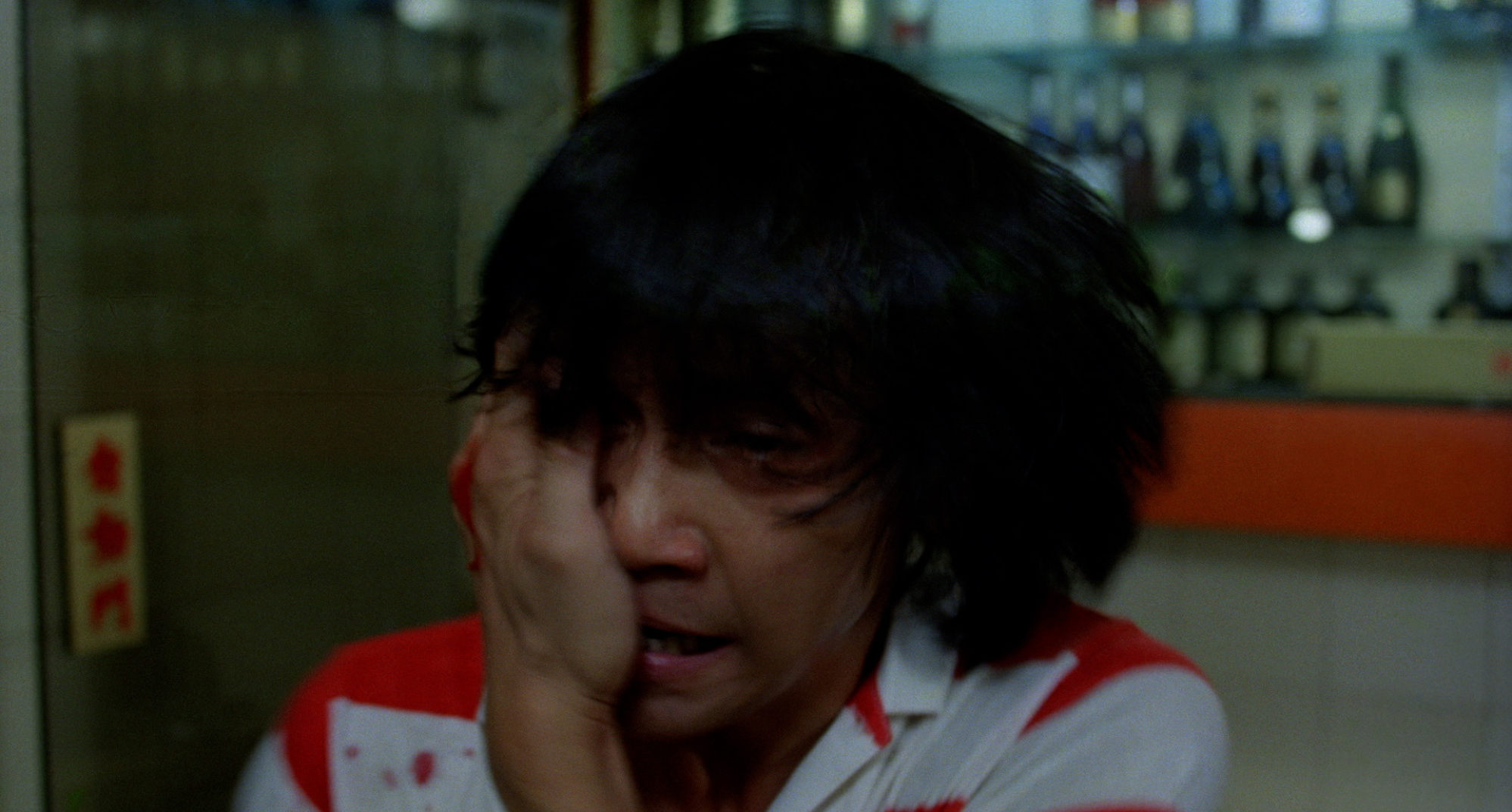
Cheung was trying to show that everything might look good on the surface, but it’s not actually so good underneath. It’s certainly an accurate portrayal of low-income people at that time.
It has a lot of “in jokes” in it. One of the triads in the film has acted in a TV series for Rediffusion (later ATV), and there is a reference to Philip Chan Yan-kin, the cop who left the police force to work in the film industry.
Cheung would have known Chan, who was writing screenplays at the time. Cheung came from a TV background, so it was natural for him to poke fun at it. I also think that the jokey banter was one way he tried to make the film more realistic, and it also helps you sympathise with the characters.
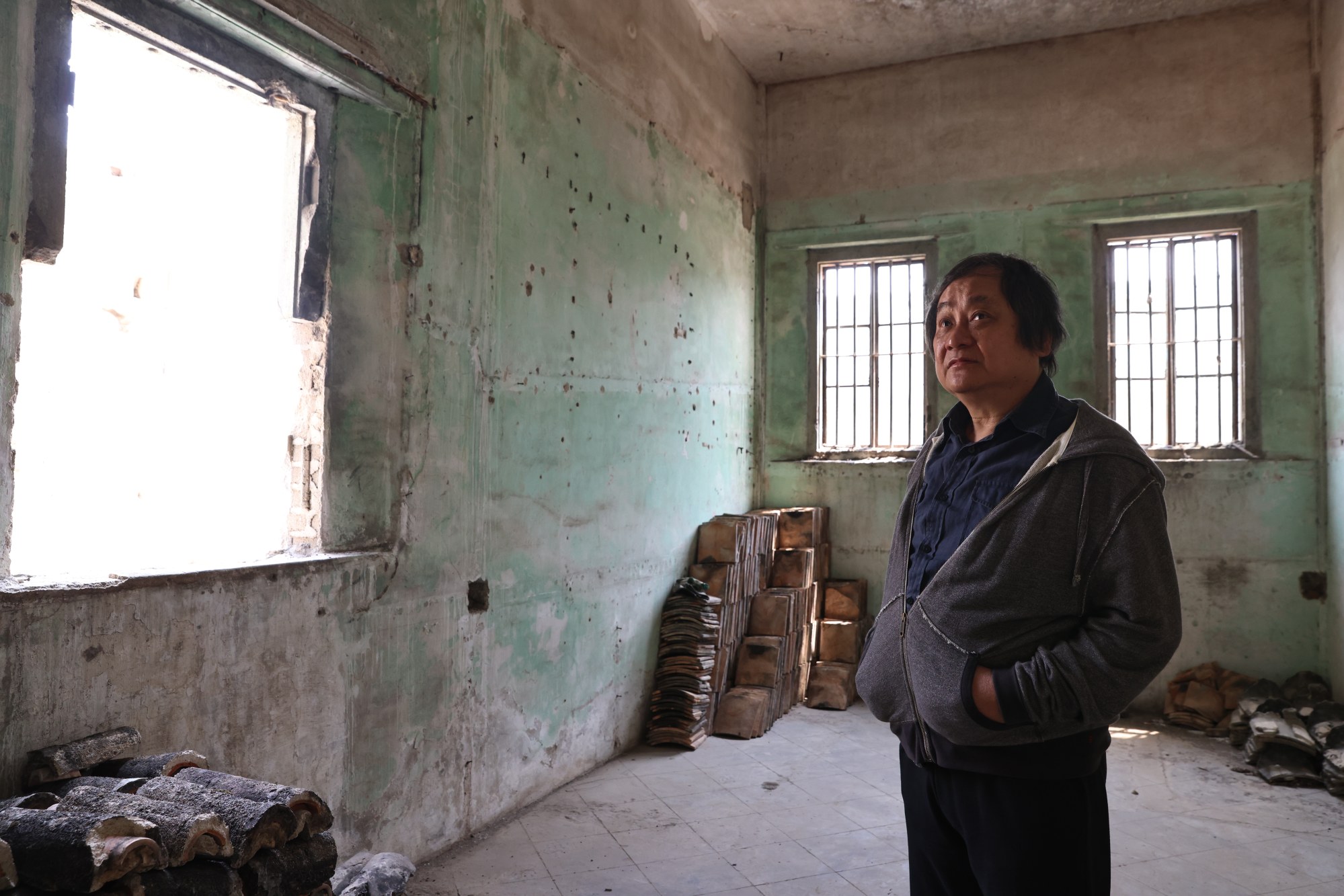
It also really influenced City on Fire, which is very representative of the undercover cop film, and Danny Lee Sau-yin’s Law With Two Phases.
Eternal affair: Tony Leung and Andy Lau on their new movie, The Goldfinger
Eternal affair: Tony Leung and Andy Lau on their new movie, The Goldfinger
Was this the first of Hong Kong’s “triad films”?
Not really. Triads had been shown in films since the 1960s but they were presented more like gangs.
In the late 1970s, there is a more direct representation of triads in films, and in the 1980s, there were more and more triad-themed films like The Club.
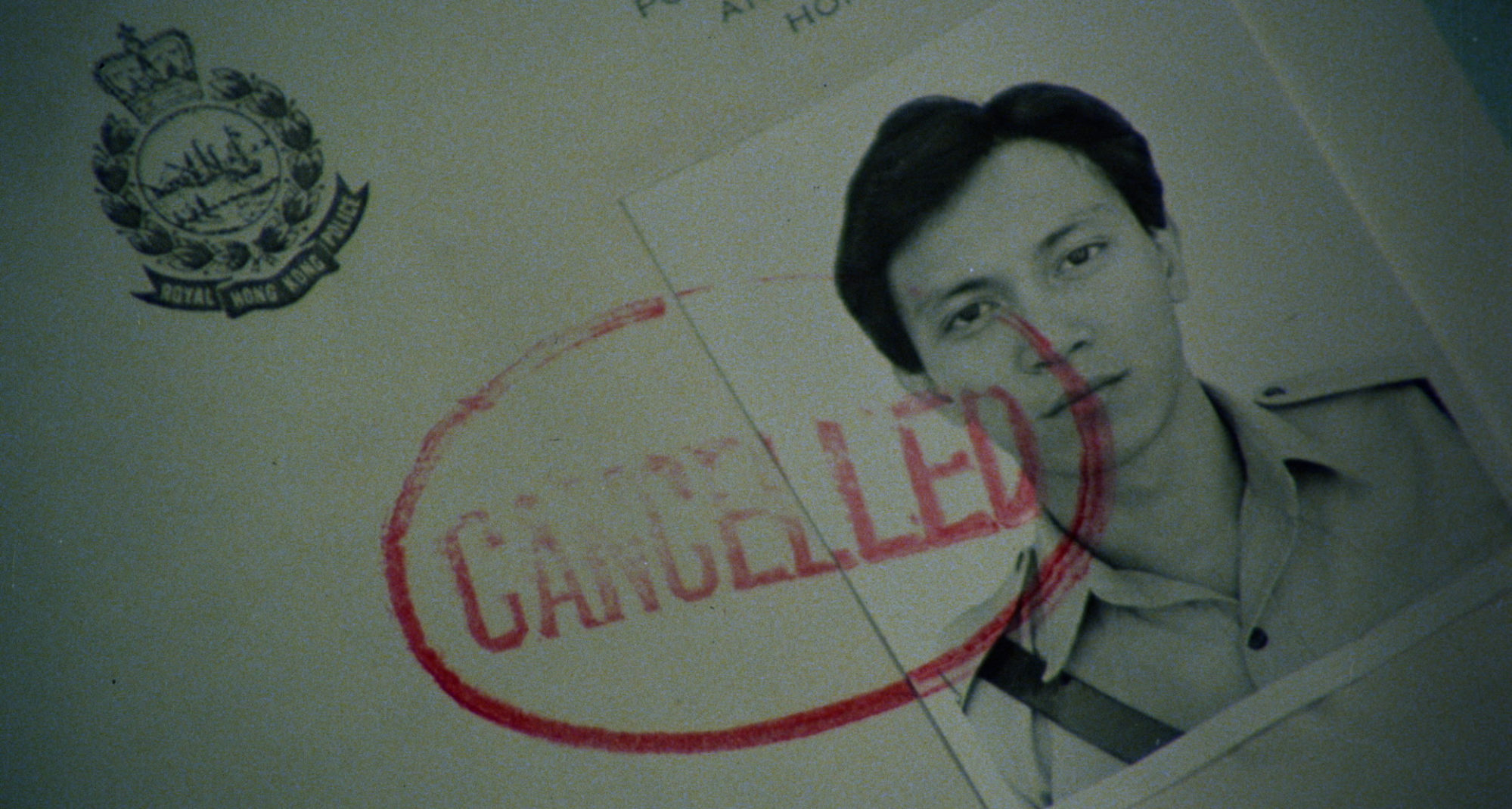
It was illegal to show triad rituals in films, but they show them here. There’s the killing of the chicken, for instance. How was that?
The main character’s trajectory is a bit like “Heart of Darkness”: he goes from the light into a very dark place.
The premise is that he descends into his own private hell. There is a sense of doom to it all. By the time we get to the climax, he’s neither a cop nor a gangster, he’s stuck in a kind of limbo, and he doesn’t know where he is.
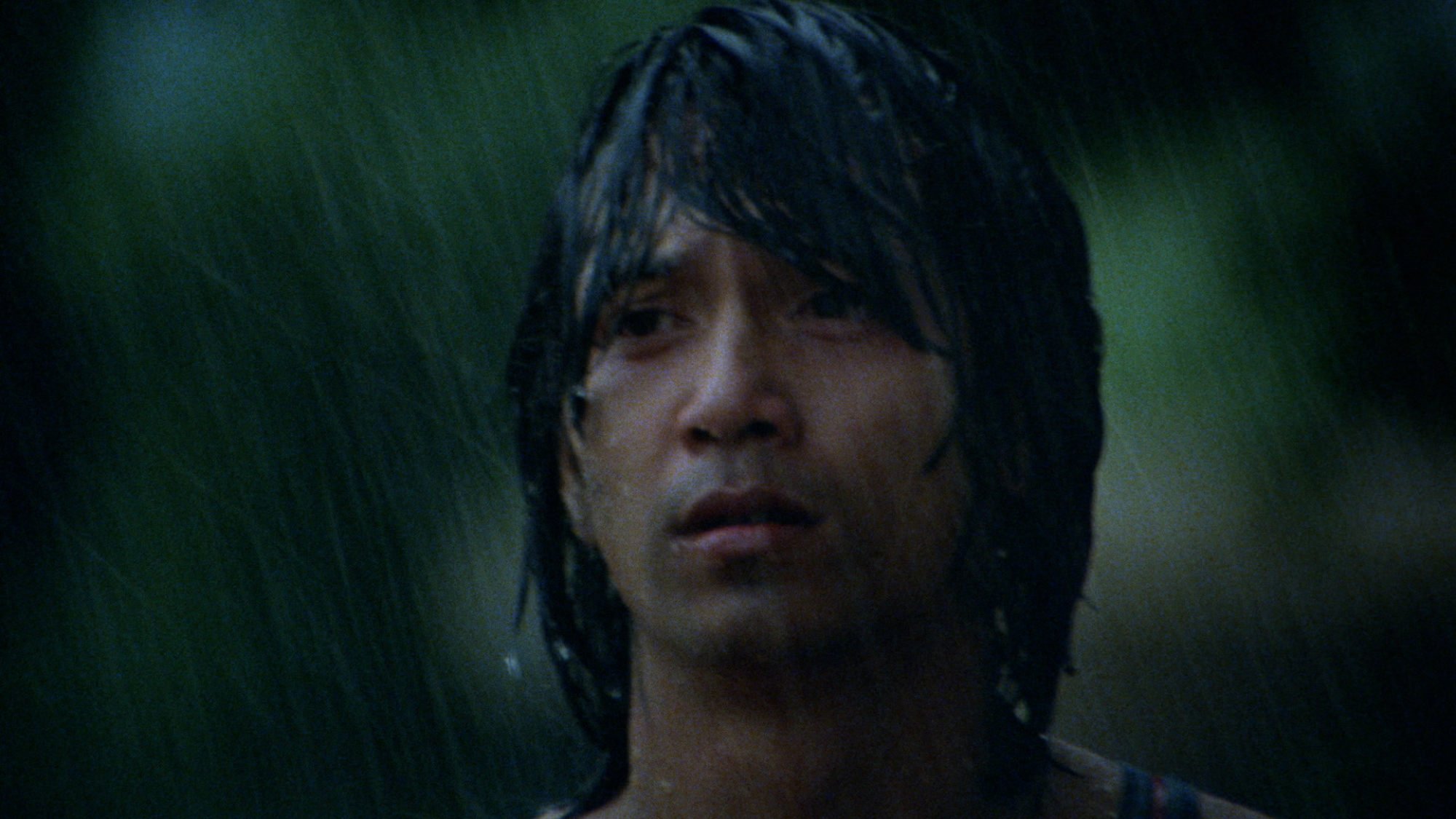
At first, he finds the underground work fun, as he has been frustrated with uniformed police work. But then real consequences start to come in – people are dying and he is also negatively affecting other people.
What happened to Alex Cheung’s career after this film?
He has a varied filmography but he only directed seven films.
He made Cops and Robbers, then Man on the Brink. Right after Man on the Brink, he made the sci-fi comedy Twinkle Twinkle Little Star for Shaw Brothers, and it was a huge flop. That was expensive and took two years to make, and when it failed it affected his career.
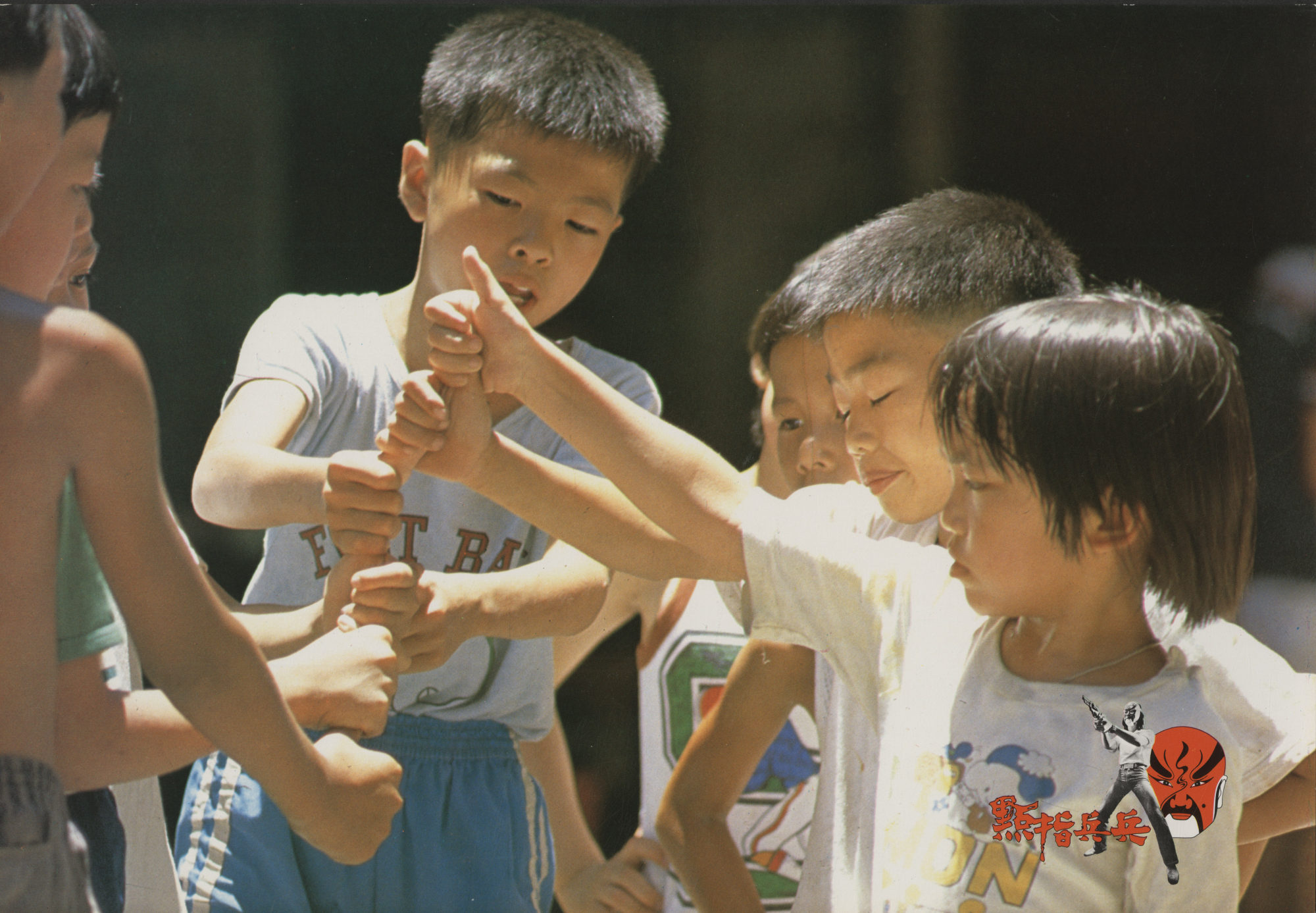
After that, his film projects could never get off the ground, and he went back to TV and shot commercials. He did make some other films but they didn’t do well at the box office.
In this regular feature series on the best of Hong Kong cinema, we examine the legacy of classic films, re-evaluate the careers of its greatest stars, and revisit some of the lesser-known aspects of the beloved industry.

